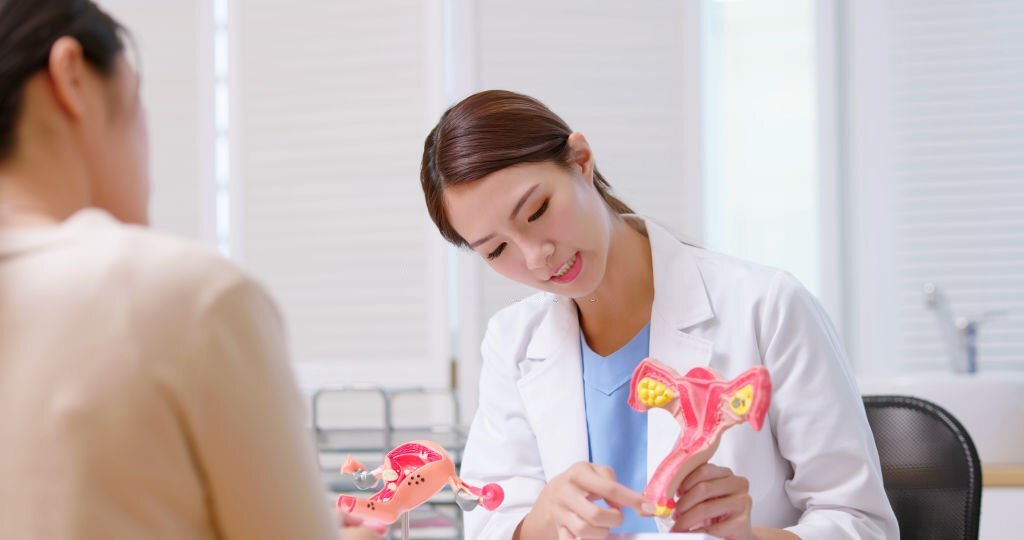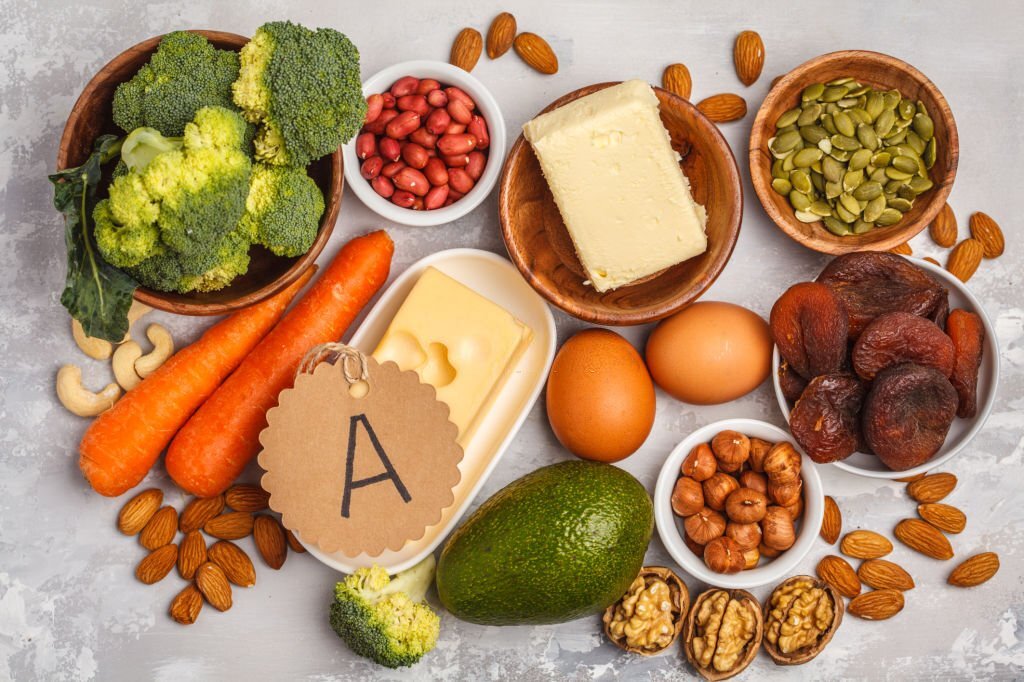Advertisements
If you have bacterial vaginosis (BV), it’s good to be aware that certain foods can make it worse. BV is a vaginal infection that can cause symptoms like itching, fishy odor, smelly discharge, and make the area red. It’s not sexually transmitted, it happens when there’s an imbalance of good and bad bacteria in your vagina. You can treat BV with antibiotics prescribed by your healthcare provider. To feel better if you have BV, it’s smart to stay away from certain foods that can make the bad bacteria grow more.
Foods That Make BV Worse
Shawarma
Shawarma might taste good, but it’s not great for your vagina. It’s made with a lot of processed ingredients that aren’t good for the healthy bacteria in your vagina. Women should be careful about eating shawarma to avoid BV.
If the cooling and re-heating process is not done properly following the rules set by the food safety department, the meat in the sausage can cause clostridium bacteria
Alcohol
Women who consume a lot of alcohol are more likely to experience both yeast infections and BV. This could be because alcohol can make the immune system weaker, making it harder for the body to fight off infections like BV and candidiasis.
Asparagus
Advertisements
Even though asparagus is healthy, it’s not the best for your vagina. Asparagus can alter the normal balance of bacteria in your vagina, making it easier for the bacteria that cause BV to grow. Women who eat a lot of asparagus are more likely to keep getting BV.
Processed Foods
Mayo Clinic Health System defines processed foods as agricultural products that have been changed from their original state. Processed foods usually have lots of refined carbohydrates, which can contribute to an imbalance in the vagina. Also, these foods have additives and preservatives that can disrupt the delicate balance of bacteria in the vagina.
Coffee
While coffee can keep you alert and help you focus, it’s not good for vagina health. The caffeine in coffee can dry out your vagina and help bad bacteria grow, leading to BV.
Sugar
Sugar is not good for vagina health. Consuming too much of it may increase the chances of getting BV, this is because sugar can fuel bad bacteria in the vagina, causing an imbalance in the microbiome.
7 Best Foods to Increase Fertility
Best Food to Eat Before Sex
What to Eat for Breakfast to Gain Weight
Smoking
Smoking can cause a lot of health issues, including BV. Women who smoke are more likely to experience BV often.
Processed Meat
Eating too much-processed meat can change the balance of bacteria in your vagina, making it easier for bad bacteria to grow and cause BV.

Foods That May Help
Probiotic-Rich Foods
Eating foods with probiotics might help stop BV and make its symptoms less. Some foods that are rich in probiotics include:
- Yogurt: has lactobacillus bacteria, which can keep your vaginal pH healthy.
- Kefir: a fermented milk drink with different kinds of probiotics.
- Kimchi: a Korean dish made of fermented vegetables with lactobacillus bacteria.
- Sauerkraut: a dish of fermented cabbage that has lactobacillus bacteria.
Fiber-Rich Foods
Eating foods high in fiber may prevent BV by keeping your digestion healthy and making sure you have regular bowel movements. Some fiber-rich foods include:
- Whole grains include brown rice, quinoa, and oatmeal.
- Fruits include berries, apples, and pears.
- Vegetables include broccoli, sweet potatoes, and leafy greens.
- Legumes include lentils, chickpeas, and black beans.
Antioxidant-Rich Foods
Antioxidants are substances that can shield the body from oxidative stress, which might lead to BV. Some foods rich in antioxidants are:
- Berries: like blueberries, raspberries, and strawberries.
- Dark chocolate: has flavonoids, antioxidants that can cut down inflammation.
- Green tea: has catechins, antioxidants that can decrease inflammation and support good gut bacteria.
- Nuts: such as almonds, walnuts, and pistachios. They have vitamin E, an antioxidant that can reduce inflammation.
It is important to note that these foods may help prevent BV, but should not be used as a replacement for any medical treatment.
Final Thoughts
While certain foods are said to cause and prevent BV, keeping good hygiene habits can lower the chance of developing BV.
This includes washing the genital area with warm water, not using scented products, and wiping from front to back after using the toilet. It’s also important to wear breathable cotton underwear and avoid tight clothes.
Make sure you avoid these eight food listed and eat more BV-friendly foods, to keep your vagina healthy.
